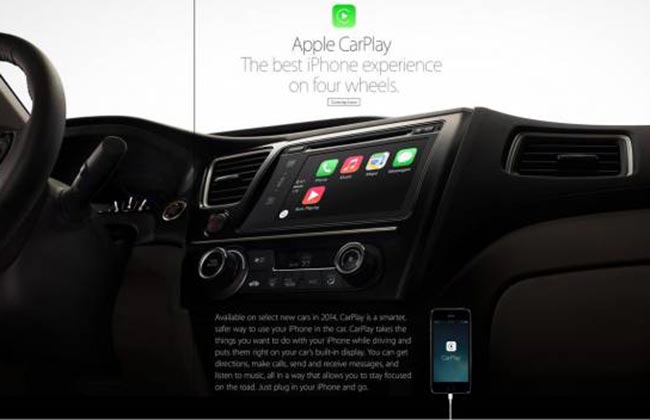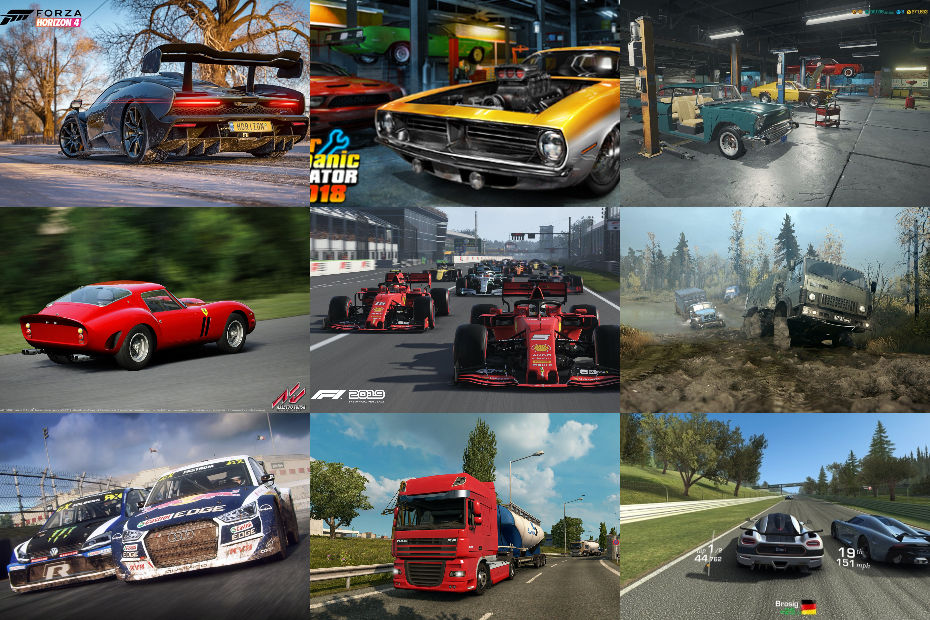Car Infotainment Systems Can Distract Drivers: Studies say
Published On Oct 07, 2014 07:00 PM By Sourabh
- Write a comment
Sad news for car infotainment lovers, as two new studies have showed that voice-activated smartphones and dashboard infotainment systems are distracting drivers from cars.

According to two independent studies done by the AAA Foundation for Traffic Safety and the University of Utah, the infotainment system are so error-prone and complex that they require more concentration from drivers rather than easing the task. The infotainment system lets you to take calls, send text message while keeping your eyes on road and hand on steering wheel.

First study was examined on some of the most common auto manufacturers such as Chevrolet, Chrysler, Ford, Hyundai and Mercedes while the second study tested Apple iPhone's Siri voice system.
The systems were tested by 162 university students and other volunteers in three settings: A laboratory, a driving simulator and in cars while driving through a Salt Lake City.

On a scale 1 to 5, with 1 representing no distraction and 5 comparable to doing complex math problems and word memorization, Toyota's Entune scored 1.7 rating while with 4.14 rating, Apple's Siri came last.
Complete List:
- 1.7 for Toyota's Entune
- 2.2 for Hyundai's Blue Link
- 2.7 for Chrysler's UConnect
- 3.0 for Ford SYNC with MyFord Touch
- 3.1 for Mercedes' COMAND
- 4.14 for Apple's Siri
Chevrolet spokeswoman Annalisa Bluhm said, "What we continue to see from customers is that they demand this level of technology in their vehicles, that access to music and access to calls is now a critical part of the driving experience and so we're looking at innovative ways to provide that.”
"Infotainment systems are unregulated," said Deborah Hersman, president of the National Safety Council and former chairman of the National Transportation Safety Board. "It is like the Wild West, where the most critical safety feature in the vehicle — the driver — is being treated like a guinea pig in human trials with new technologies."















